I’m always so impressed by Susie Bowie, Manatee Community Foundation’s chief executive. Not just because she’s also a redhead, which in and of itself is impressive — right, Marianne Barnaby and Kathy Eckert? — but because she is so wise.
I find myself always amazed at the number of times Ms. Bowie expresses just what I’m thinking or feeling. Her recent repost of a Harvard Business Review piece on Facebook about humble leaders is yet another example of her acumen, reminding me of a leadership notion I know to be true: Leaders who embrace a selfless and altruistic leadership style have employees who are more innovative, more intuitive, more engaged, and do their jobs better.
I’ve been around the nonprofit world for a while, and I’ve had both the pleasure and pain of working with other people in decision-making positions. I heartedly admit that I am nowhere near the best when it comes to self-promotion. So, when I see leaders who are constantly on the front page, in front of the camera touting how great they are, I have to shake my head and wonder: Is the proof of one’s leadership skills —indeed a difficult measurement to gauge — the amount of self-advertisement? Is it being the “face” of an organization, or having the label of “expert?” Good leaders know the best marketing comes from the testimonials of those you’ve helped. Why have slick materials and fancy show places if the people calling you don’t get the help they need?
Over 30 years ago, I was a neophyte advocate, entering the world of social services and a calling that was truly poorly recognized — in pay, recognition and appreciation. It truly was a labor of love to do the work. I know there are some folks reading this who are thinking… are you kidding me? We still don’t make any money, still are not appreciated, and still not recognized! Well, I guess that depends on how you look at it.
Certainly, most of the front-line, direct service workers, such as the social workers, advocates and rape crisis counselors, are not getting rich doing what they do. Somehow, they have been left behind even though they are doing the heavy lifting. And, while I am a huge proponent of making sure that front-line staff do not have to apply for public benefits because they’ve chosen to make the world a better place, my hands are still somewhat tied. Compare what a counselor earns for what she does and how much a football player makes for what he does, and the only comment you can make is that the world is incredibly upside down — at best.
But is money the benchmark by which we should measure the value of a charity’s or nonprofit’s leader? Unfortunately, in my world, yes. Much of what I do is about raising money and keeping the mission, side-by-side like cogs in a wheel. I certainly cannot minimize the importance of funding; money in the form of grants, donations, sponsors and bequests makes the services happen. But without passion for the mission, lacking the dedication to provide the very best quality services, and a poverty attitude about a pay scale to attract the very best and most caring staff, how can we perform our absolute best? And when we don’t perform well, how can we expect to raise the money we need to operate?
My experience has shown me how important it is to pay staff above market rates and to expect better than mediocre efforts for their job performance. And now we are back to money.
So what makes a good leader? Is it an inspirational manager who hates the limelight or a money maker who is distant from staff? Is it a combination of the two or a melding of all the above? For me, it’s more a process than an end game. I think like most people, some days I’m better at leadership than other days. I discovered long ago that to be a good leader, I needed to listen. You know that old adage we all grew up with: “…God gave you two ears and one mouth because you’re to listen twice as much as you speak.” So I now appreciate the fact that my colleagues have so much collective knowledge in an organization — and I’ve learned to listen. And they appreciate that I appreciate and respect them.
So what’s my point? The holidays are upon us and the charitable giving season is here. Most of us will be bombarded with requests for annual giving campaigns. If you want to know about an organization and their leadership, talk to the folks at the Manatee Community Foundation, look up the organization on the Giving Partner website, and look at the leadership of the organization. Is she or he just as concerned about the mission and quality of services? Is that person cognizant of the people who work at the charity — are the employees recognized, appreciated and paid well? Where is the leader’s focus: getting that money, or making sure that the mission continues with excellent service and a committed staff?
Believe it or not, the adage of “money and mission” is really true.
Laurel A. Lynch, executive director of HOPE Family Services, can be reached at laurel.lynch@hopefamilyservice.org.
Credit: Bradenton Herald
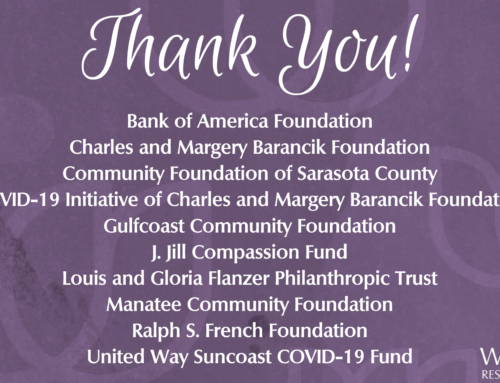


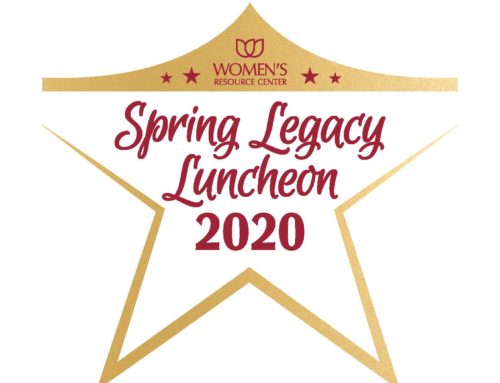
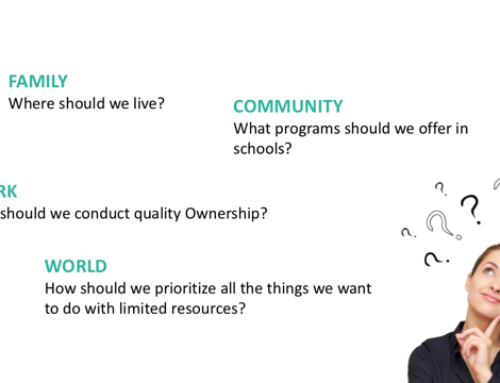



















































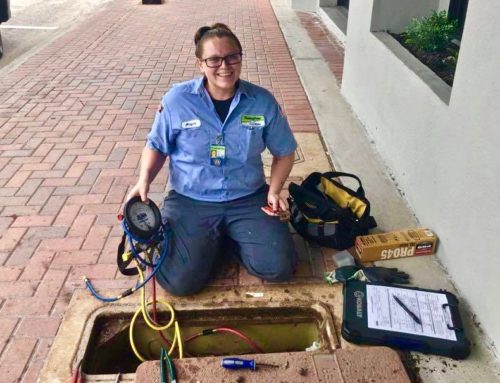





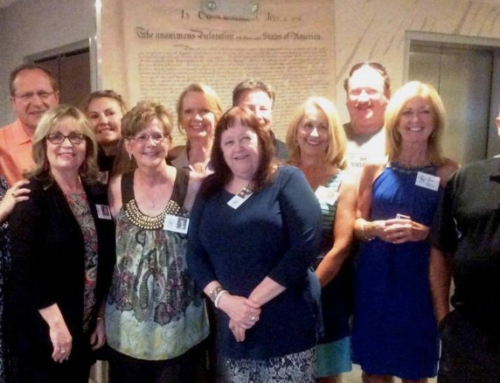


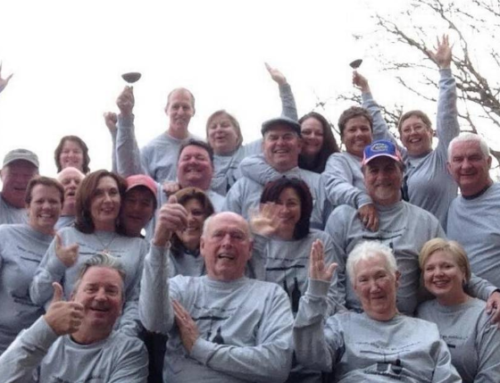



















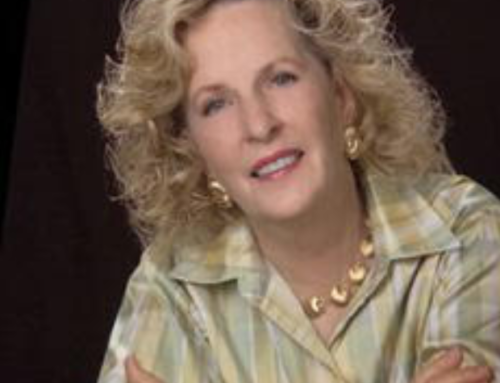










Leave A Comment